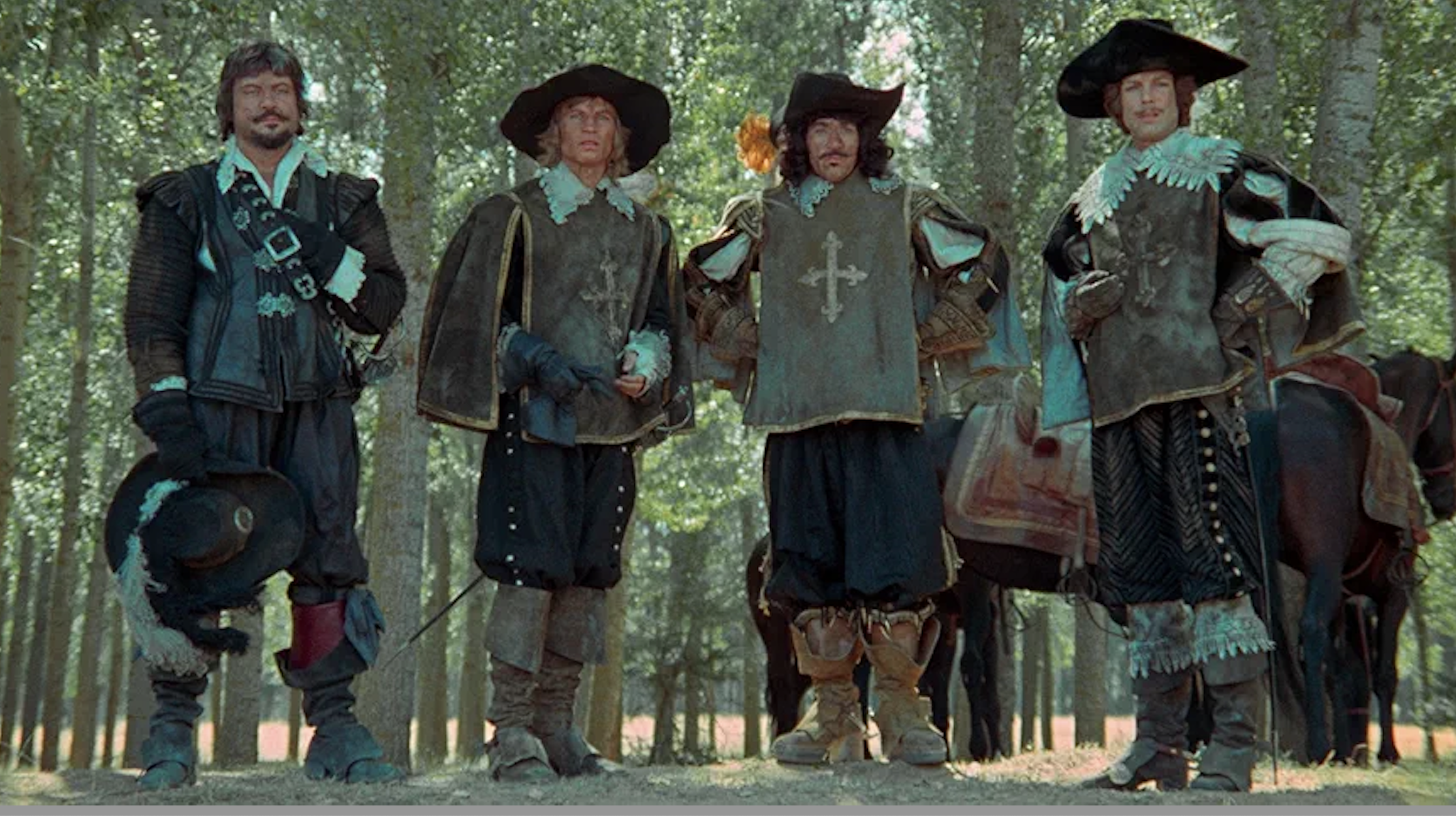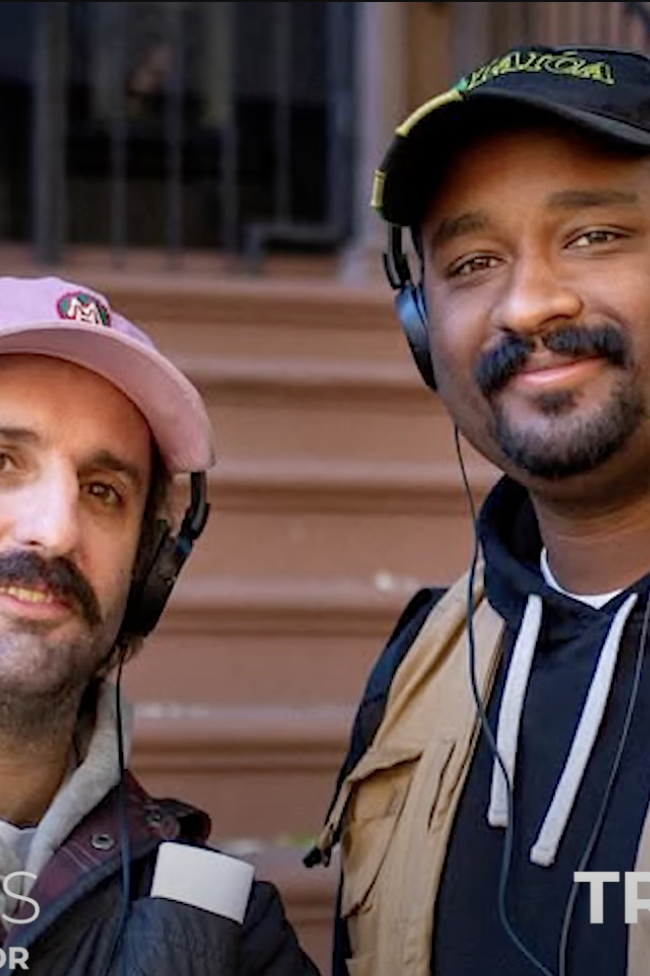THE CURBSIDE CRITERION: THE THREE & FOUR MUSKETEERS

(We here at Hammer to Nail are all about true independent cinema. But we also have to tip our hat to the great films of yesteryear that continue to inspire filmmakers and cinephiles alike. This week, “The Curbside Criterion” continues where HtN staff can trot out thoughts on the finest films ever made. This week Brandon Wilson challenges the The Three Musketeers andThe Four Musketeers to a duel as he parries with Richard Lester’s 70s classics.)
Ever since the decision was made to make Harry Potter and the Deathly Hallows into two films (which were released in 2010 and 2011 respectively), fans have grappled with the tactic of bisecting an adaptation, along both aesthetic and moral lines. On the one hand, it does allow for a more faithful adaptation that doesn’t cut any plot in the name of expedience. But also, it is a shameless money grab that makes the audience pay for two tickets to see a beloved series conclude. If we are looking to lay the blame for this questionable tactic at anyone’s feet, we need look no further than the feet of the Salkind family.
This film producing dynasty would have a megahit in the late 70s when they produced the Superman films for Warner Bros. But before they went up, up, and away, the three generation producing troika had their first smash hit when they released The Three Musketeers in 1973 and The Four Musketeers in 1974. Initially pitched to all involved as one film, the project was revealed to be a two part film only at the premiere of the first installment (much to the chagrin of the cast who promptly began suing the Salkinds). Since then it has become standard in actors’ contracts to forbid producers from making a second film out of material from a film they sign up for.
And now that both of the Salkinds’ Musketeer films have been handsomely released by the Criterion Collection as a two disc package, you can choose to experience the film in one sitting with an intermission or as a duology (a third film was made by much of the same cast and crew in 1989, but it resulted in a lackluster film and was overshadowed by the death of cast member Roy Kinnear who fell off his horse while shooting it).
Directed by American-born Richard Lester, who famously directed The Beatles in their first two movies, the Musketeer films are widely considered the best adaptation of Alexandre Dumas’ novel, in large part because of Lester’s visual wit, sense of humor, and his gripping sword fights. Scottish novelist George MacDonald Fraser had never written a screenplay before the Salkinds tapped him to adapt the novel and preserve its blending of picaresque romp and high melodrama.
The late British Cinematographer David Watkin, B.S.C. receives a centennial birthday present with these blu-rays, because they finally do justice to his beautiful lighting in a way broadcast television in the 80s (when the two films played a great deal in syndication) could not. His soft overhead lighting bathes the actors in light and his use of candlelight, though not terribly realistic, is very striking. Watkin was a staple of 70s British cinema and had shot The Devils for Ken Russell just two years earlier. Brian Eatwell’s gorgeous sets also provide a visual feast.
The cast, however, is the secret weapon of the film. With Michael York as the young apprentice swordsman D’Artagnan, Oliver Reed, Richard Chamberlain, and Frank Finlay as the Musketeers, dueling divas Faye Dunaway (as the icy Milady de Winter) and Raquel Welch (as her commoner antagonist), Christopher Lee, and in a brilliant bit of against-type casting Charlton Heston as the treacherous Cardinal Richelieu, the principals all seem to be having a ball.
The discs come with a pair of multi-part documentaries: David Gregory’s 2002 BTS doc with cast interviews and film scholar David Cairns 4-part video essay. As usual, the late Christopher Lee is a standout in the Gregory doc, particularly when he describes the sword fights which were done with actual swords, no stunt doubles for the leads, and very little formal choreography. Lester shoots the sword fights a bit like a dance performance, eschewing close ups and busy editing. It is quite an achievement. The first film has a lighter tone and is more fun, the second film is dark and gripping. French composer Michel LeGrand scored the first film, and the great Lalo Schifrin scored the second giving each film a slightly different feel. Several of the actors wonder aloud whether these are two films or one. That is a debatable question. But what isn’t debatable is this film captures the cast and crew working at the top of their game.
– Brandon D. Wilson (@GeniusBastard)
Criterion Blu-ray; Richard Lester; The Three & Four Musketeers











